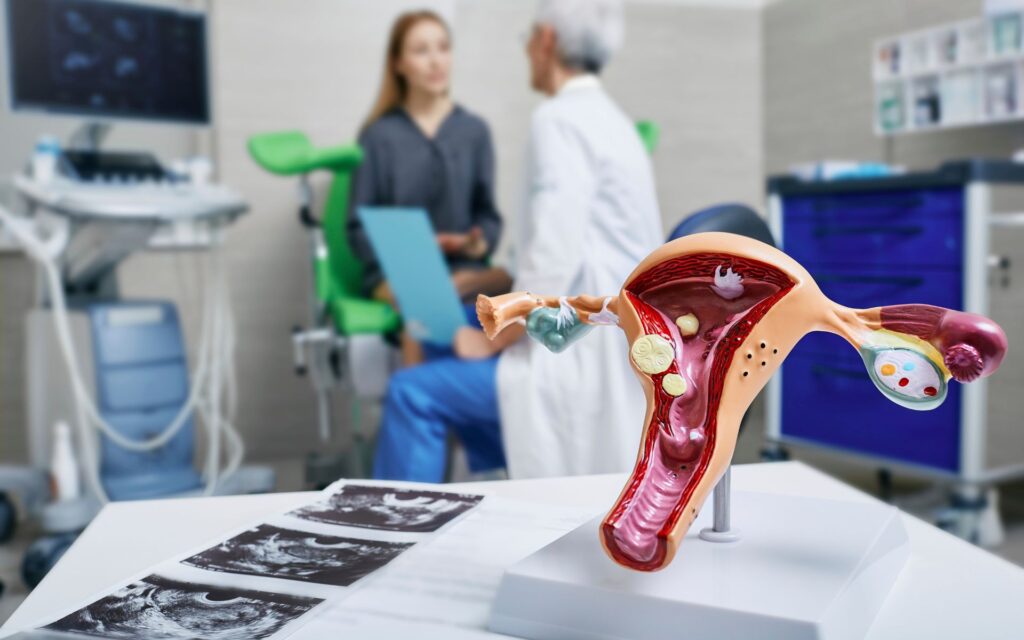
Gynaecological health is an essential aspect of a woman’s overall well-being, yet many myths and misconceptions persist. Understanding the facts can empower women to make informed decisions about their reproductive and general health. Below, we debunk some common myths and uncover the truth about gynaecological care.
Myth 1: You Don’t Need to See a Gynaecologist Unless You’re Pregnant
Fact: Regular visits to a gynaecologist are essential for preventive care, not just for pregnancy. Women should have annual check-ups to screen for conditions like cervical cancer, sexually transmitted infections (STIs), and hormonal imbalances. Early detection of issues such as ovarian cysts, endometriosis, or fibroids can prevent complications later.
Myth 2: Pap Smears Are Needed Only After 30
Fact: Pap smears, which help detect cervical cancer, should start at age 21 or earlier if a woman is sexually active. Regular screenings every three years (or as recommended by a doctor) are crucial for early detection and effective treatment.
Myth 3: Irregular Periods Are Always a Sign of a Serious Problem
Fact: While irregular periods can indicate conditions such as polycystic ovary syndrome (PCOS) or thyroid disorders, occasional fluctuations in menstrual cycles due to stress, diet, or exercise are normal. However, persistent irregularities should be evaluated by a gynaecologist.
Myth 4: Birth Control Pills Cause Infertility
Fact: Birth control pills do not cause infertility. They regulate hormones and ovulation, and most women can conceive soon after stopping their use. However, it’s essential to consult a doctor for the best contraception options based on individual health.
Myth 5: Menopause Starts at 50 for All Women
Fact: Menopause typically occurs between ages 45-55, but some women may experience early menopause due to genetics, medical conditions, or lifestyle factors. Symptoms vary, and management options such as hormone therapy or lifestyle changes can help ease the transition.
Myth 6: STIs Are Only a Concern for Younger Women
Fact: Sexually transmitted infections can affect women of all ages. Regular screenings, safe sexual practices, and vaccinations (such as the HPV vaccine) are crucial for maintaining reproductive health.
Myth 7: Feminine Hygiene Products Like Douches Are Necessary for Vaginal Health
Fact: The vagina is self-cleaning, and using douches or scented products can disrupt the natural pH balance, leading to infections. Washing with mild soap and water is sufficient for hygiene.
Myth 8: Painful Periods Are Normal and Should Be Tolerated
Fact: While mild discomfort is common, severe pain during menstruation may indicate underlying conditions like endometriosis or fibroids. Women experiencing excessive pain should seek medical advice rather than suffer in silence.
The Importance of Gynaecological Health Awareness
Misinformation can lead to unnecessary fears and delayed medical care. Regular check-ups, open discussions with healthcare professionals, and staying informed can ensure optimal reproductive and overall health.
At Smart Clinics, we provide expert gynaecological care tailored to women’s needs. Schedule your consultation today for reliable advice and comprehensive healthcare. Visit Smart Clinics for more information.





